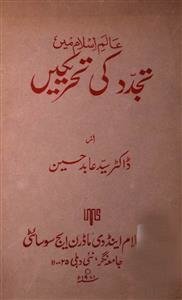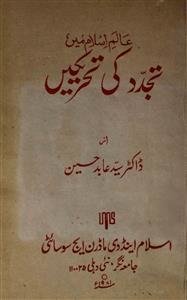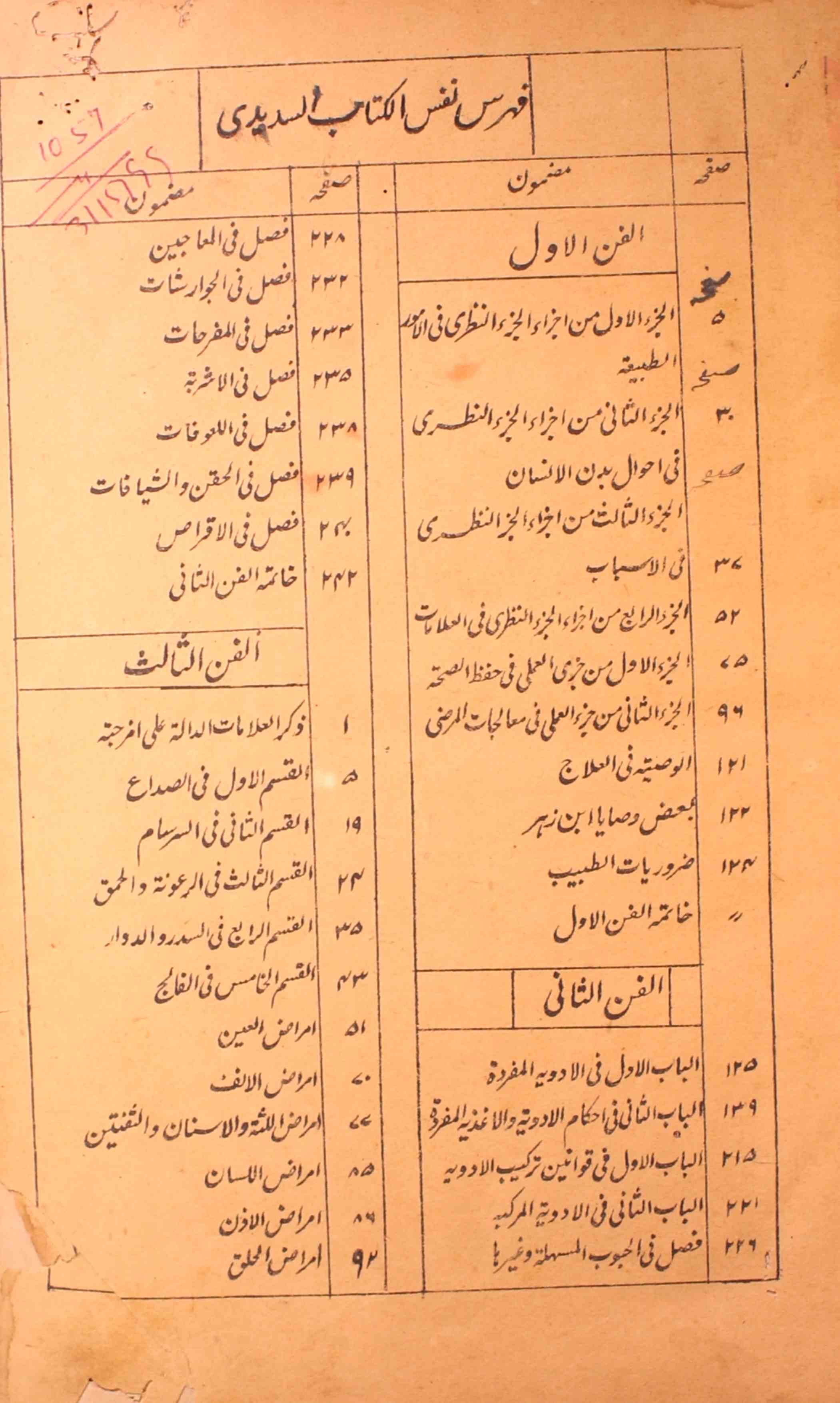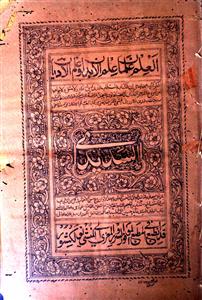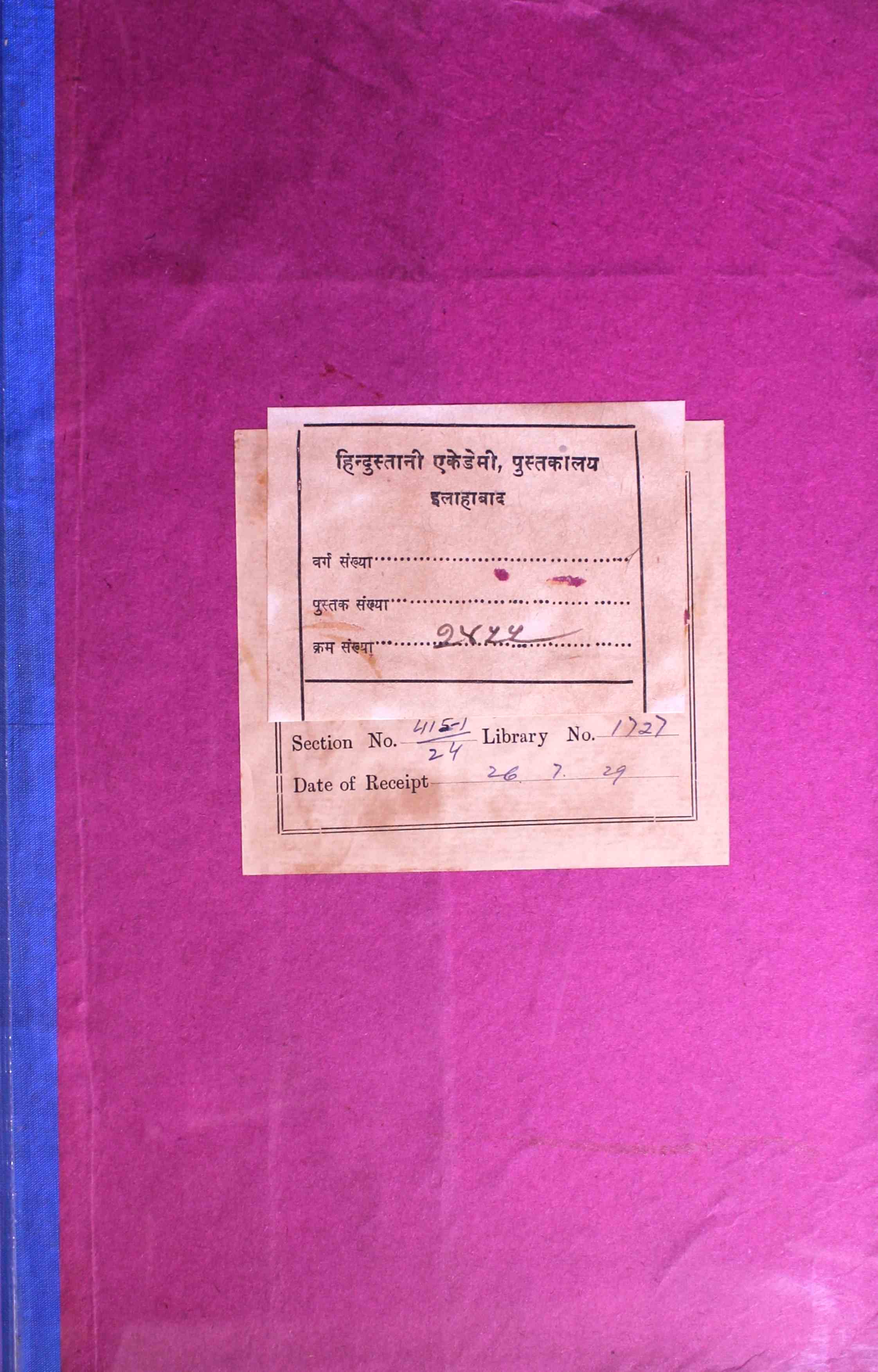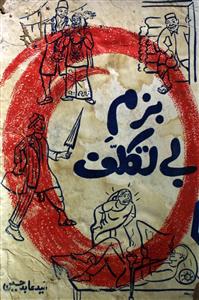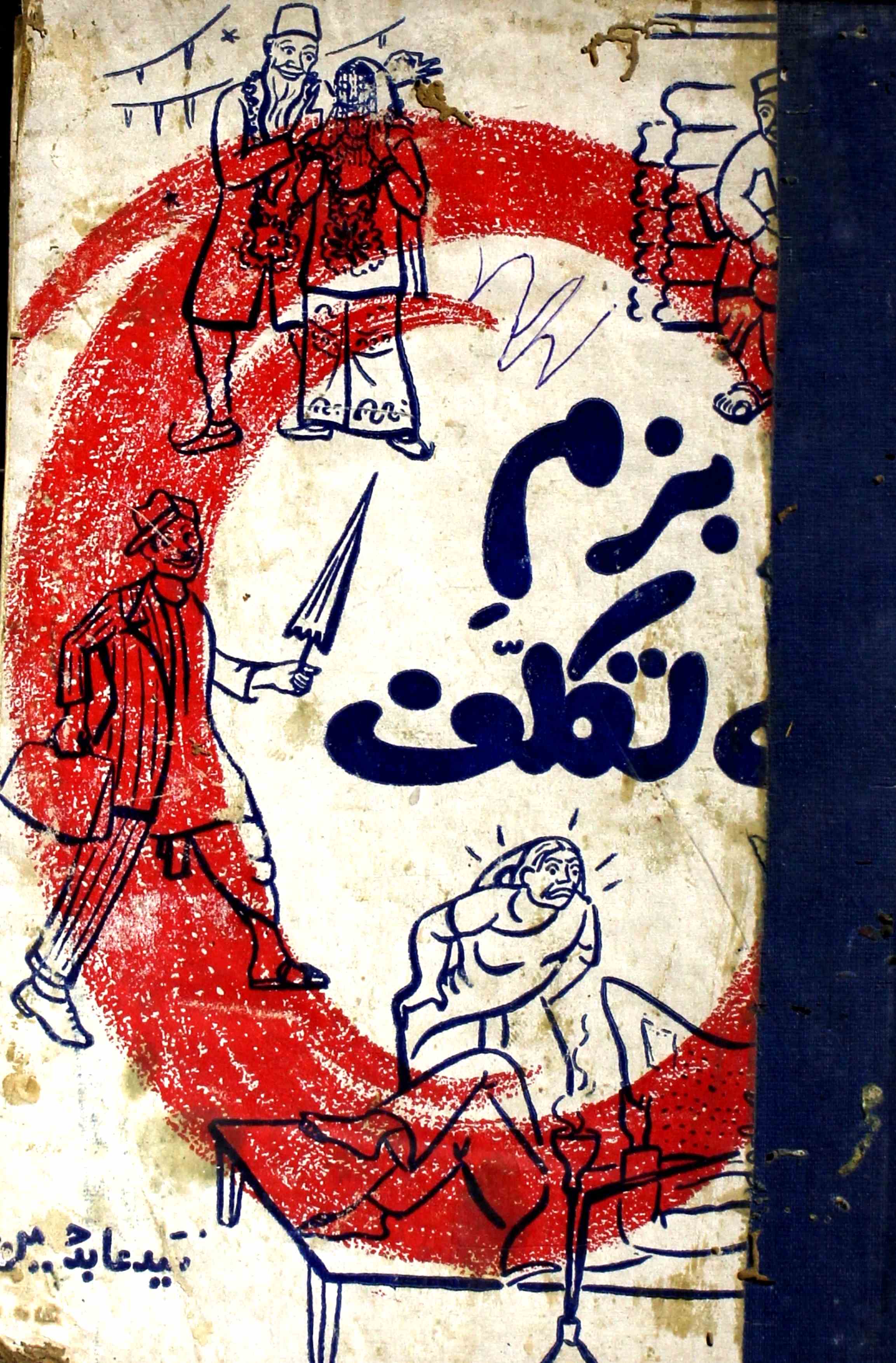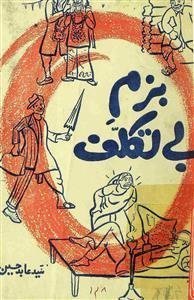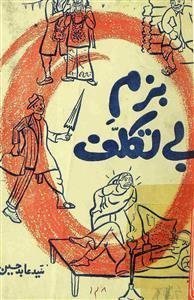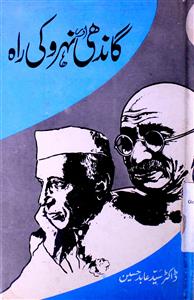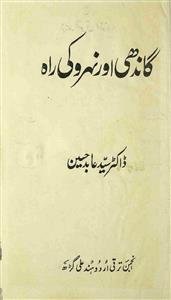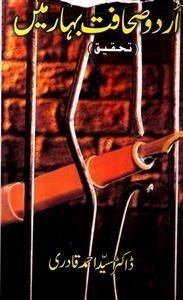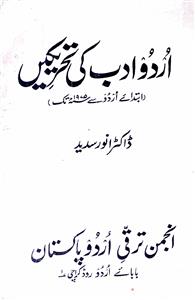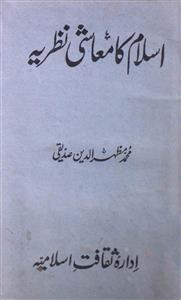 For any query/comment related to this ebook, please contact us at haidar.ali@rekhta.org
For any query/comment related to this ebook, please contact us at haidar.ali@rekhta.org
About The Book
اس کتاب میں کچھ تحریکوں کا ذکر کیا گیا ہے جو عالم اسلام میں وقتا فوقتا اٹھتی رہی ہیں۔ جن میں عقلیت پسند اصلاحی تحریکیں بھی ہیں اور رومانی اعتزاری تحریکیں بھی ہیں اور قومیت پرست تحریکیں بھی ہیں اور کچھ جدید تحریکیں بھی ہیں۔
About The Author
Sayyed Abid Hussain (born 1896) write in both Urdu and English, and his role has been a dual one. He has widely translated from English and German and, at the same time, has made original contributions in Urdu. His favorite subject is the history of Indian culture and the role of the Indian Muslims in the national life of the country. His approach to history and literature is marked by Gandhian influences.
Son of a well-to-do family in Bhopal, he studied at the universities of Allahabad and Aligarh and went to Oxford for higher learning. After spending some time there, he moved to Germany, where he completed his D.Phil. at the Berlin University. Here he met with Dr. Zakir Hussain and Muhammad Mujeeb, and the three established contact with Hakim Ajmal Khan, the national leader of Indian Muslims and a great friend of Mahatma Gandhi. Thus, was formed a trio which later in India played a leading role in shaping the destiny of the Jamia Milia Islamia, the National Muslim University, New Delhi. Sayyed Abid Hussain’s stay at Oxford and Germany gave him the necessary opportunity to see Indian life in relation to western progress and to appreciate the Indian struggle for freedom.
During this period, he came under the spell of Mahatma Gandhi’s thought, and the impact was so deep that it became a guiding force for a lifetime of dedication to the cause of nation. On his return to India, he joined the Jamia Milia Islamia in 1926 as professor of philosophy and Urdu literature, and pledged his life to the Jamia’s service for a meager subsistence pay.
Sayyed Abid Hussain’s early translations included Goethe’s Faust, G.B. Shaw’s St. Joan, Selected Dialogues of Plato, Kant’s Critique of Pure Reason, and De Boer’s History of Philosophy in Islam. These were followed by translations of the works of Mahatma Gandhi and Jawahar Lal Nehru, which were an immediate success and established his position among the outstanding Urdu writers. He devoted much of his energy and time to the preparation of Maulvi Abdul Haqq’s ‘The Standard English-Urdu Dictionary’, but was not really given due credit for it.
Though Sayyed Abid Hussain possessed a lively sense of humor and enjoyed select company, he lived a reserved life as a ‘galley-slave of letters’, giving all his time to writing. With meticulous attention to securing the absolutely right word in the right place, he developed a style pregnant with meaning, but disarmingly simple and direct. As assiduous as Hali (to whose great-granddaughter he later married) and also a perfectionist, Sayyed Abid Hussain, he spent years on each of the few, yet excellent, original books that he finally produced. He labored for over a decade on his three volumes of ‘The National Culture of India’, whose second and abridged edition after the freedom of India was in 1956 accorded the highest literary award by the Sahitya Akademi, the National Academy of Letters. He was also a member of the Official Language Commission and of the National Commission for co-operation with UNESCO for a number of years. He was awarded Padma Bhushan by the President of India in 1957.
His classic economy of expression, restraint of emotion, detached, objective point of view, and a highly developed sense of simplicity have made his prose a model for all times.
 For any query/comment related to this ebook, please contact us at haidar.ali@rekhta.org
For any query/comment related to this ebook, please contact us at haidar.ali@rekhta.org
